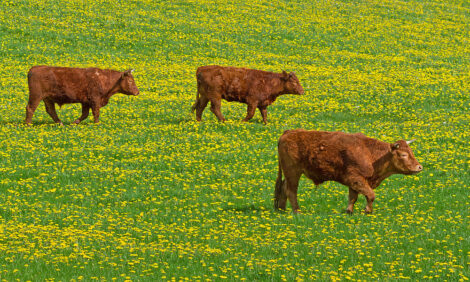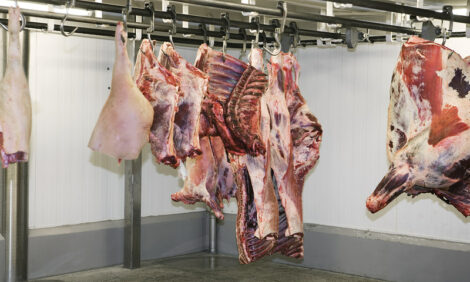



Labelling of cloned food will give Consumers clear choices
US - Great Britain’s grocery chains this month pledged to boycott meat from cloned animals or their offspring. Last week, Petaluma-based Clover Stornetta, a major dairy processor in my district, announced that it will not accept milk from cloned animalsIn December, the FDA issued a preliminary finding that meat and milk from cloned cattle, pigs and goats are “as safe to eat as food from conventionally bred animals.” If the FDA confirms its decision after the public comment period ends in April, food products from cloned animals could be introduced into the food chain – making America the first country to allow products from cloned animals to be sold for human consumption.
A majority of Americans have concerns about why cloned cows should be a part of our food system. A poll conducted in 2006 by the Pew Initiative on Food and Biotechnology found two-thirds of American consumers were “uncomfortable” with the idea of cloning animals, and 43 percent believe food from cloned animals would be unsafe to eat. A Gallup Research Organization poll in 2001 showed 59 percent of adults nationwide believed cloning animals should be illegal in the United States.
The rush to introduce food products that a majority of Americans have moral, religious or ethical objections to (not to mention the “ick” factor) is alarming. We need to urge the FDA to step back and ensure that, first, the products are indeed safe.
Source: California Progress Report


